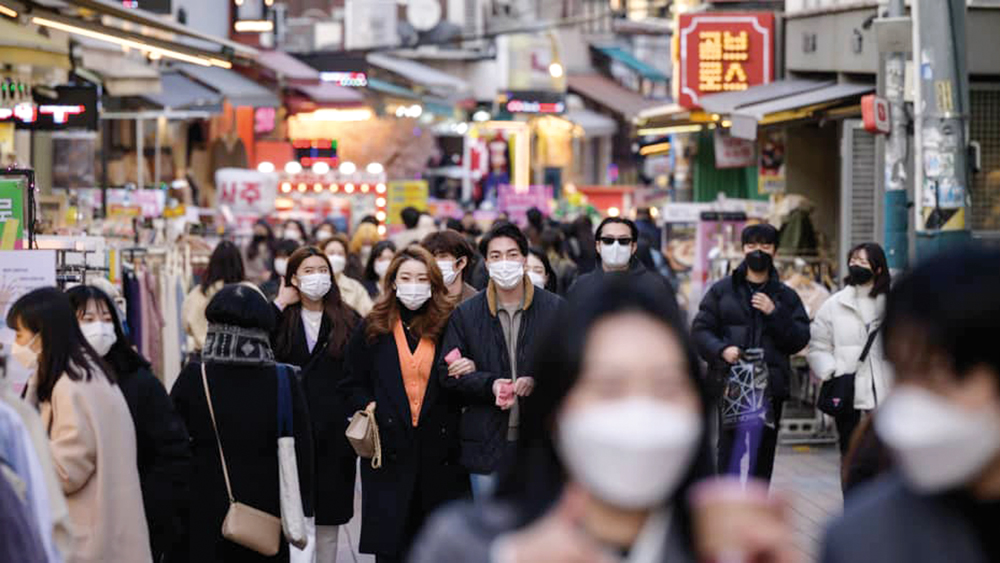South Korea has emerged as a global cultural powerhouse, with its music, television shows, and movies gaining international acclaim. The phenomenon known as Hallyu, or the Korean Wave, began in the late 1990s when Korean dramas and K-pop idols started gaining popularity in neighboring Asian countries like China and Japan. However, it wasn’t until Psy’s viral hit “Gangnam Style” that Hallyu made its way to the West. In the following years, K-pop group BTS, movie “Parasite,” and TV show Squid Game further solidified South Korea’s cultural influence on a global scale. The country’s cultural exports were valued at $13.2 billion in 2022, surpassing industries like home appliances and electric cars. The government aims to reach $25 billion by 2027, tapping into new markets in Europe and the Middle East.
The key to South Korea’s cultural success lies in the shared experiences of its people, who have lived through dramatic events such as the Korean War, military dictatorship, economic transformation, and democratic transition. Renowned filmmakers like Bong Joon-ho and Park Chan-wook credit the country’s tumultuous history as a source of inspiration for their work. South Korea’s dynamic and turbulent environment provides fertile ground for creativity, shaping unique storytelling in its movies, music, and literature. Novelists like Han Kang, who recently won the Nobel Prize in Literature, draw inspiration from the country’s past, addressing challenging subjects and establishing a distinct literary aesthetic.
Despite having some of the lowest rates of female workforce participation among advanced economies, South Korean women have been trailblazers in the country’s cultural exports. Award-winning novels like Han Kang’s “The Vegetarian” and Cho Nam-Joo’s “Kim Ji-young, Born 1982” explore complex themes like ecofeminism and gender roles. Han Kang’s work, in particular, delves into violence in ways that male authors have not in the past, offering a fresh perspective on societal issues. As the first Asian woman to win a Nobel Prize for literature, Han Kang’s success reflects the growing influence of South Korean female writers on the global stage.
While the South Korean government has invested heavily in supporting cultural industries, experts believe that the success of K-culture exports has largely been achieved despite, not because of, state intervention. Former-president Park Geun-hye’s administration faced criticism for blacklisting over 9,000 artists, including Nobel-winner Han, for speaking out against the government. Despite these challenges, initiatives like the Literature Translation Institute of Korea have helped bring South Korean works to a global audience. Additionally, a growing number of translators have played a crucial role in introducing edgier and more diverse content to international markets, further fueling the success of South Korean cultural exports.
The success of South Korean cultural exports can also be attributed to the influence of popular figures like K-pop megastars, whose reading habits have sparked global interest in Korean literature. The endorsement of books by BTS members has led to a surge in sales, highlighting the impact of celebrity endorsements on promoting South Korean cultural products. Director Bong Joon-ho also credits his compatriots’ workaholic and hard-drinking habits for spurring creativity in the country. South Korea’s cultural resilience and ability to adapt to changing global trends have positioned it as a leading force in the entertainment industry, with a promising future in new markets beyond Asia. As the world continues to embrace South Korean culture, the country’s dynamic storytelling and diverse creativity will continue to captivate audiences worldwide.











